Parth Shah
Stories
-
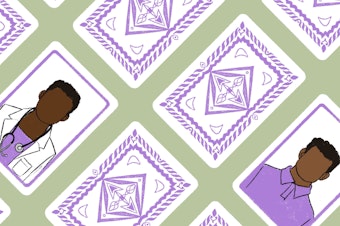
People Like Us: How Our Identities Shape Health And Educational Success
Far from being "the great equalizer," COVID-19 has disproportionately sickened and killed African Americans and Latinos in the U.S. Many of the reasons for these inequalities reach back to before the pandemic began. This week, we return to a 2019 episode that investigates a specific source of racial disparities in medicine and beyond—and considers an uncomfortable solution.
-
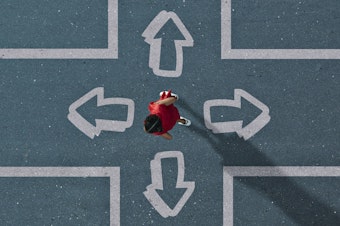
The Choices Before Us: Can Fewer Options Lead To Better Decisions?
An abundance of choices is a good thing, right? In the United States, where choice is often equated with freedom and control, the answer tends to be a resounding 'yes.' But researchers say the relationship between choice and happiness isn't always so clear-cut. This week, we talk with psychologist Sheena Iyengar about making better decisions, and how she's thinking about the relationship between choices and control during the coronavirus pandemic.
-

A Social Prescription: Why Human Connection Is Crucial To Our Health
Confined to our homes, many of us are experiencing a newfound appreciation for our social relationships. What we may not realize — and what physicians and researchers have only recently started emphasizing — is the importance of these connections to our physical health. This week, we talk with former U.S. Surgeon General Vivek Murthy about why he considers loneliness a matter of public health, and how we can all deepen our social ties.
-
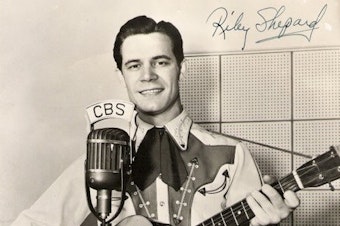
The Cowboy Philosopher: A Tale Of Obsession, Scams, And Family
In 2009, an old man died in a California nursing home. His obituary included not just his given name, but a long list of the pseudonyms he'd been known to use. In this episode, which we originally released in 2019, we trace the life of Riley Shepard, a hillbilly musician, writer, small-time con man and, perhaps, a genius.
-
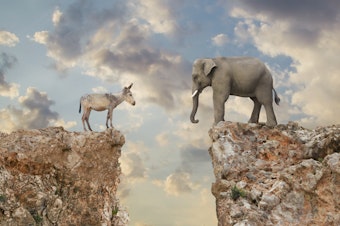
Passion Isn't Enough: The Rise Of 'Political Hobbyism' in the United States
Many Americans feel an obligation to keep up with political news. But maybe we should be focusing our energies elsewhere. Political scientist Eitan Hersh says there's been a rise in "political hobbyism" in the United States. We treat politics like entertainment, following the latest updates like we follow our favorite sports teams. Instead, he says, we should think of politics as a way to acquire power and persuade our neighbors to back the issues we support.
-
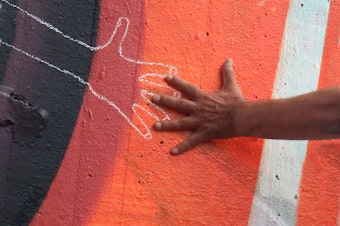
Secret Friends: Tapping Into The Power Of Imagination
Where is the line between what is real and what is imaginary? It seems like an easy question to answer: if you can see it, hear it, or touch it, then it's real, right? But what if this way of thinking is limiting one of the greatest gifts of the mind? This week, we meet people who experience the invisible as real, and learn how they hone their imaginations to see the world with new eyes.
-
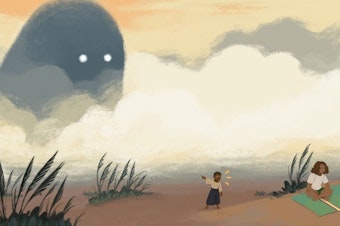
How To See The Future (No Crystal Ball Needed)
When disaster strikes, we want to know, who screwed up? This week we explore the psychology of warnings: Why some warnings get heard, and why some of us are better at seeing what lies ahead.
-
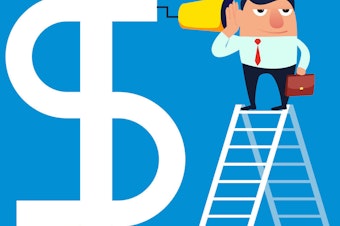
The Story Of Money: How Human Behavior Shapes Economies — And Vice Versa
What's the point of money? The answer might seem obvious: we need it to get paid for our work, and to buy the things we need. But there's also a deeper way to look at the role of money in our lives.
-
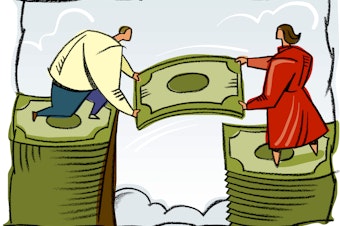
Emotional Currency: How Money Shapes Human Relationships
What's the point of money? The answer might seem obvious: we need it to get paid for our work, and to buy the things we need. But there's also a deeper way to look at the role of money in our lives. This week we explore an anthropologist's take on the origin story of money. What if the cash and coins we carry are not just tools for transactions, but manifestations of human relationships?
-
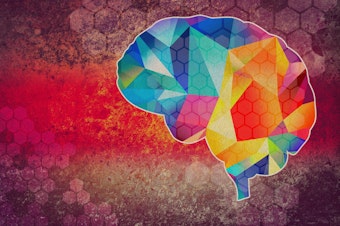
Did That Really Happen? How Our Memories Betray Us
Our memories are easily contaminated. We can be made to believe we rode in a hot air balloon or spilled punch on people at a wedding—even if those things never happened. So how do we know which of our memories are most accurate? This week, psychologist Ayanna Thomas explains how memory works, how it fails, and ways to make it better.